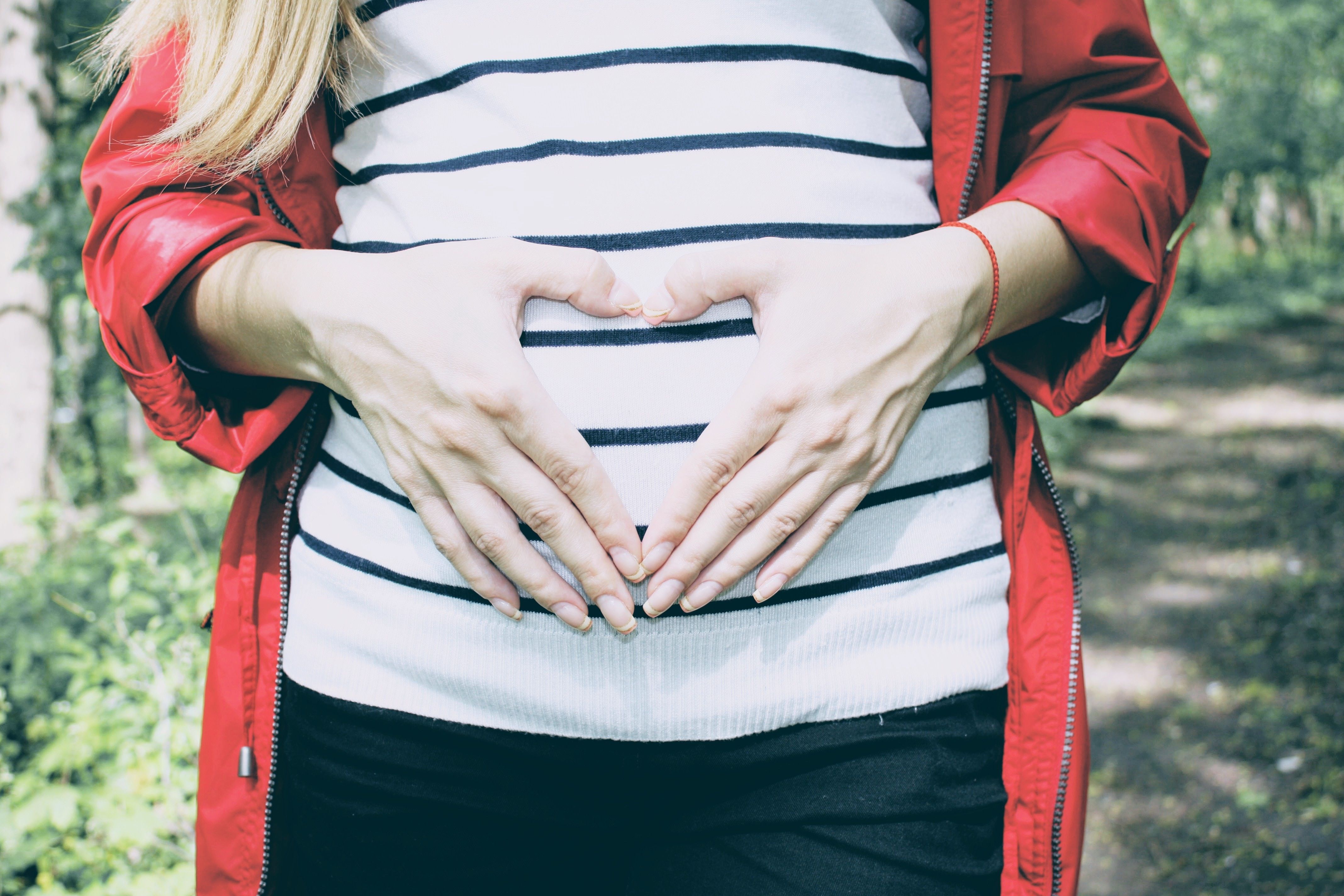‘Artificial ovary’ could help cancer patients have children after damaging treatment
New medical developments could allow cancer victims to have children after damaging treatments. This new treatment made from human tissue and eggs, called the ‘artificial ovary’, may help women who are unable to have children as a result of chemotherapy or other fertility-damaging treatments.
Many cancer treatments damage the ovaries, stopping them from producing eggs and resulting in the patient being unable to get pregnant. Early studies by researchers from Rigshospitalet in Copenhagen, one of Europe’s leading fertility centres, discovered that an ovary made in the lab could support the survival and growth of ovarian cells for several weeks. The bio-engineered ovary is in early animal trials, using human tissue implanted into mice.
An ovary made in the lab could support the survival and growth of ovarian cells for several weeks
Speaking to The Guardian, Susanne Pors, a researcher at the institute who presented the research, explained: “But it will be many years before we can put this into a woman.” The treatment will have to go through five to 10 years of more work before human trials can begin.
The artificial ovary can also help women who go through an early menopause or those who suffer from multiple sclerosis and beta thalassaemia, a blood disorder, which require aggressive therapies which may harm fertility.
The treatment will have to go through five to ten years of more work before human trials can begin
With some cancer diagnoses, doctors can remove the ovarian tissues, freezing it until it can be put back when the patient is in remission. Freezing eggs can affect the viability of them and this isn’t possible with cancers such as ovarian or leukaemia because by putting tissues back, there is a risk of the disease developing again. The artificial ovary gives these women a chance to conceive naturally.
To make an artificial ovary, they strip donated ovarian tissue of all its cells using chemicals (including cancer cells), explains Susanne Pors and others at the institute, leaving an empty tissue called the ‘scaffold’. Doctors then take the tiny sacs which hold the early-stage eggs and scatter them on the bare tissue, or the ‘scaffold’.
Freezing eggs can affect the viability of them and this isn’t possible with cancers such as ovarian or leukaemia
The aim of the treatment is to implant the bio-engineered eggs into the patient and allow women to re-establish their monthly cycles. Therefore, they can then either conceive naturally or with IVF. Patients will be able to have the transplantation, knowing that there is no risk of cancer redeveloping as a result. The study is not yet published in a peer-reviewed journal and will be presented at the European Society of Human Reproduction and Embryology (ESHRE) annual meeting this month in Barcelona.

Comments